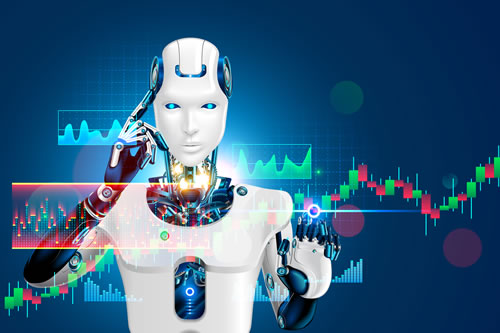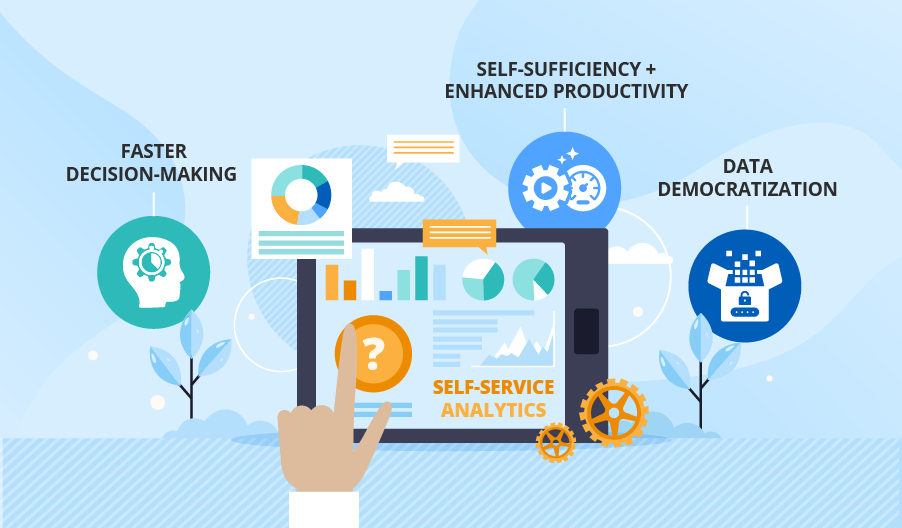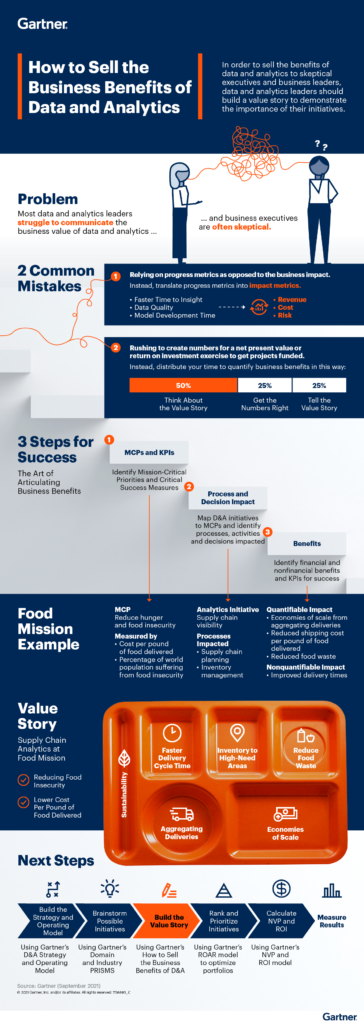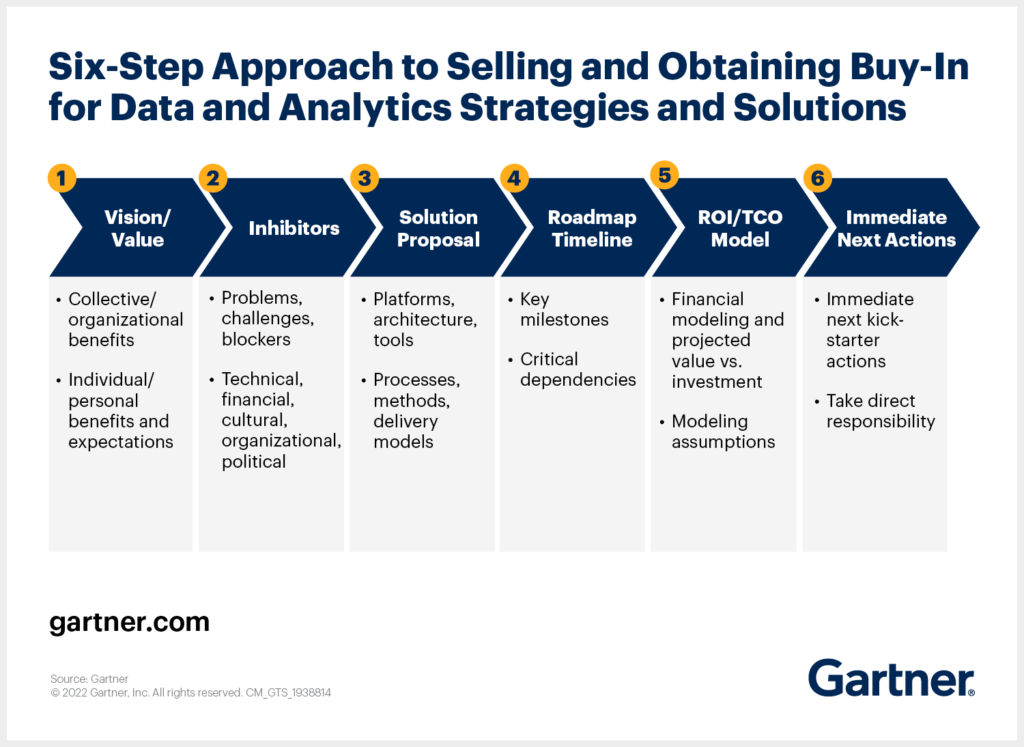Artificial intelligence (AI) is one of the most talked-about topics in the world of technology. It has already made its way into various industries, including healthcare, finance, and transportation. However, its impact on data analytics is a subject of debate among experts. Some believe that AI will revolutionize the field of data analysis, while others fear that it may eventually take over the work of data analysts.
The use of AI in data analytics has already shown promising results. AI-powered tools can efficiently process large amounts of data, providing insights that may have been missed by human analysts. However, this has also raised concerns about the future of data analysts. Will AI eventually replace human analysts, or will they work together to enhance the quality of data analysis? In this article, we will explore the potential impact of AI on data analytics and analyze the various arguments put forward by experts on this topic.
The answer to the question: “Will AI take over data analytics?” is yes. AI is already playing a significant role in data analytics and will continue to do so in the future. AI-driven analytics and automation are enabling organizations to make more informed decisions quickly and accurately.
AI has been used to help with data cleaning, data modelling, data visualization and predictive analytics. It can also be used to automate processes such as customer segmentation, customer churn analysis, customer segment recommendations and customer lifetime value analysis. AI can even help to identify trends and anomalies, so that businesses can be more proactive in their decision-making.
In the end, AI will be a powerful tool in the data analyst’s toolbox and it will play an increasingly important role in data analytics in the future.

Will AI Take Over Data Analytics?
Data analytics is a rapidly growing field of technology that involves gathering, cleaning, manipulating, and analyzing data to gain insights and discover trends. Artificial intelligence (AI) is also a rapidly growing field of technology that has the potential to revolutionize data analytics. AI technology can be used to automate processes and make data analysis more efficient, accurate, and cost-effective.
What is Artificial Intelligence?
AI is a branch of computer science that deals with creating machines that can think and act like humans. AI is used in many different fields, from self-driving cars to healthcare applications. AI is also being used in data analytics to automate processes and improve accuracy. AI can be used to identify patterns in data, make predictions, and detect anomalies.
AI technology is becoming increasingly powerful and sophisticated, and it is now being used to automate many of the tasks that are traditionally done manually by data analysts. AI can be used to automate data cleaning, transforming, and visualization processes. AI can also be used to generate insights from large datasets.
How AI is Changing Data Analytics
AI is changing the way that data is analyzed and insights are generated. AI can be used to automate many of the manual processes that are traditionally done by data analysts, such as data cleaning, transforming, and visualization. AI can also be used to generate insights from large datasets.
AI technology can also be used to identify patterns in data and make predictions about future trends and outcomes. AI can detect anomalies in data and alert data analysts to potential issues. AI can also be used to automate the process of creating reports and dashboards.
AI technology is rapidly evolving and becoming more powerful. As AI technology continues to improve, it is likely that it will become increasingly integrated into data analytics processes. This could lead to a future where AI is used to automate many of the tasks traditionally done by data analysts.
Frequently Asked Questions
AI has the potential to revolutionize data analytics, with its ability to process large amounts of data quickly and accurately. This article will answer some of the most common questions about AI in data analytics.
Will AI Take Over Data Analytics?
AI is becoming an increasingly important part of data analytics, but it is not likely to take over completely. AI algorithms can process large amounts of data quickly and accurately, making them ideal for a variety of data analytics tasks. However, AI algorithms still require human input and guidance to ensure that they are being used in the right way and are providing the most accurate results. As such, AI is likely to be used in conjunction with traditional data analytics methods, rather than replacing them entirely.
How Is AI Used in Data Analytics?
AI is used in data analytics to automate certain tasks and make it easier to process large amounts of data. AI algorithms can be used to identify patterns and trends in datasets, as well as to make predictions about future outcomes. AI can also be used to automate certain data analytics tasks, such as feature engineering and data visualization. By automating these tasks, AI can help data analysts work more efficiently and quickly.
What Are the Benefits of Using AI in Data Analytics?
AI can offer a number of benefits to data analytics. For one, AI algorithms are able to process large amounts of data quickly and accurately, making it easier to detect patterns and trends in data. Additionally, AI algorithms can automate certain data analytics tasks, such as feature engineering and data visualization, which can help data analysts work more efficiently. Finally, AI algorithms can also be used to make predictions about future outcomes, which can be useful in a variety of different scenarios.
What Challenges Are Associated With Using AI in Data Analytics?
Although AI can offer a number of benefits to data analytics, there are also a number of challenges associated with its use. One of the main challenges is that AI algorithms still require human input and guidance to ensure that they are being used in the right way and are providing the most accurate results. Additionally, AI algorithms can be expensive and difficult to implement, and they can require a large amount of data to train them. Finally, some AI algorithms can be prone to bias, which can lead to inaccurate results.
How Can I Learn More About Using AI in Data Analytics?
If you are interested in learning more about using AI in data analytics, there are a number of resources available. You can begin by reading articles and books on the subject, as well as watching tutorials and webinars. Additionally, there are a number of online courses and bootcamps that can help you gain a deeper understanding of the subject. Finally, attending conferences and workshops can also be a great way to learn more about AI in data analytics.
Will Data Analysts Be Replaced by AI?
In conclusion, the rise of artificial intelligence in the field of data analytics has undoubtedly caused some apprehension among professionals in the industry. While it is true that AI has the potential to revolutionize the way we analyze data, it is important to remember that it is still a tool that requires human input and oversight. As such, the future of data analytics is likely to involve a partnership between AI and human analysts, with each bringing their unique strengths to the table.
Furthermore, it is important to consider the potential benefits that AI can bring to the field of data analytics. With the ability to process vast amounts of data at lightning speeds, AI has the potential to uncover insights and patterns that would be impossible for humans to detect. As such, it is clear that AI will play an important role in the future of data analytics – but it will not take over completely. Instead, it will be used as a powerful tool to augment human expertise and enable analysts to make better, more informed decisions.




